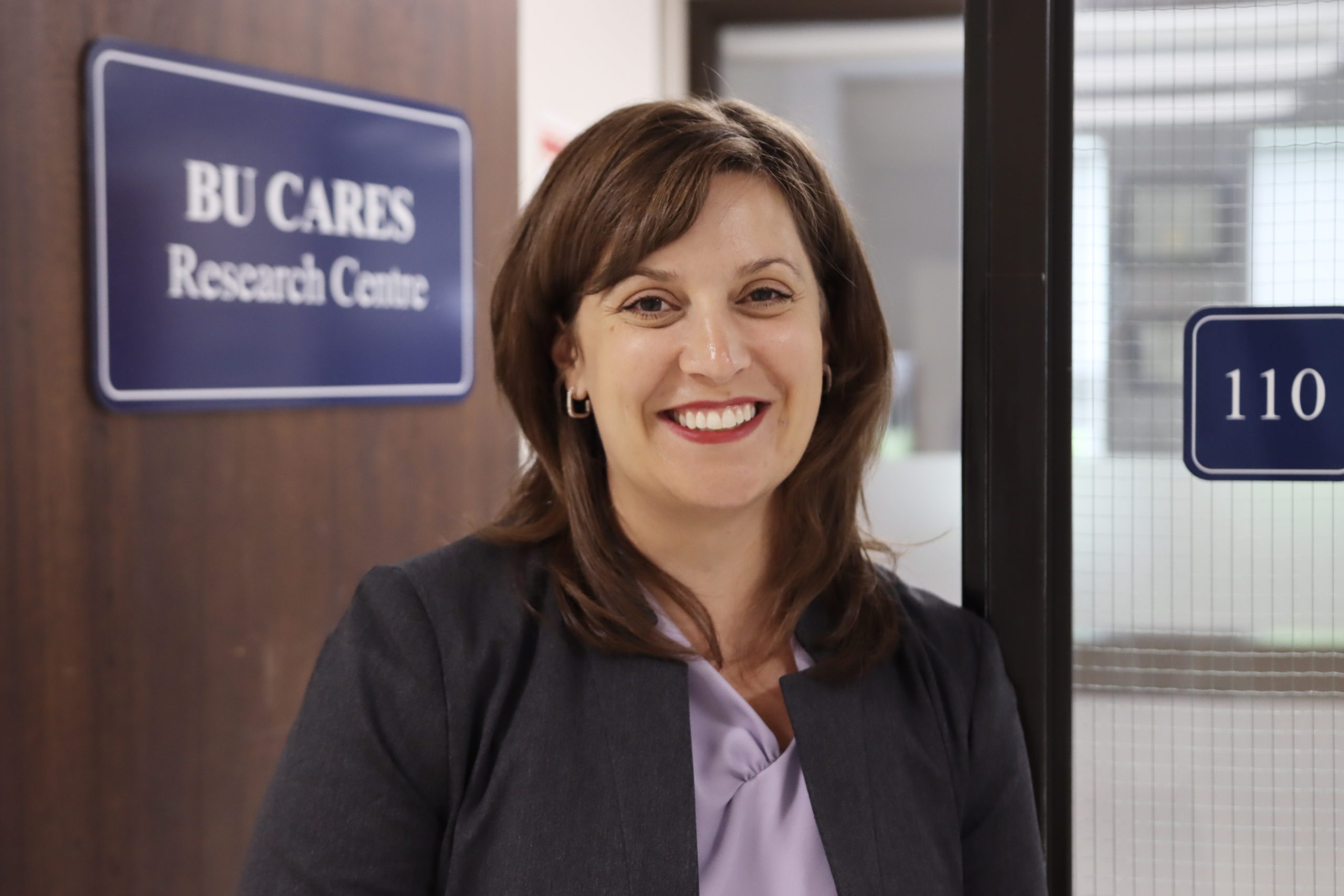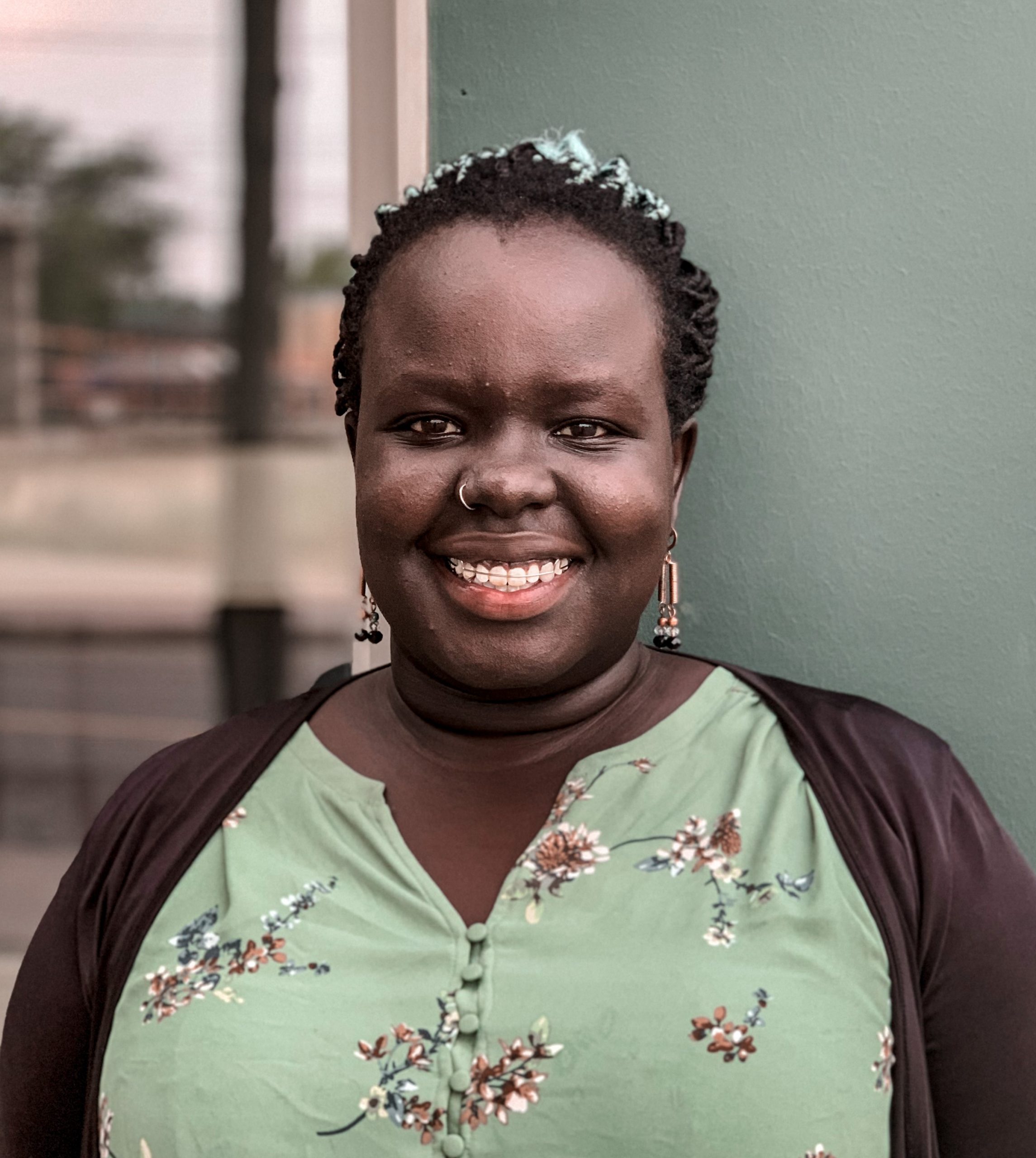
By
Michelle Lam, Denise Humphreys, Akech Mayuom, and Stephanie Spence
December 2021
Print Version
What you need to know
In light of the rise of hate crimes, racism, and xenophobia in Brandon, the Local Immigration Partnership and BU CARES Research Centre launched the Community Voices Project—a series of in-depth conversations about inclusivity and anti-racism and communities across Canada. This project sought to engage the community in conversation around these issues to deepen our collective understanding to make positive change.
Why this research is important
In addition to Indigenous and settler community members, Brandon also experiences significant new immigration, particularly in recent decades due to the foreign labour recruitment of a large-scale meatpacking plant. Although racism is not a new issue, there is a clear need for deeper local understandings about the issue, partly because research on racism tends to be housed in larger urban centres and an increasing local concern about experiences of racism.
A local approach also allowed for an exploration of possible avenues forward through collaboration. Bringing together people from varied backgrounds, organizations, and agencies allowed for a robust discussion from multiple vantage points. While a single discussion is not the sum of knowledge about racism in Brandon, it is a starting place to grow, plan, and explore further.
How this research was conducted
The Community Voices: Inclusivity and Anti-Racism community conversation consisted of a virtual discussion facilitated by the Brandon Local Immigration Partnership and BU CARES Research Centre. The event was attended by 125 participants that represented a broad range of community members from education, health care, the Indigenous and newcomer communities, and many other backgrounds.
During the event, participants were invited to discuss questions in small groups. These discussions were recorded, the recordings transcribed, with personal information removed, and then the discussions were compiled for analysis. The analysis consisted of theme identification through coding the transcriptions and through calculating word frequency.
What the researchers found
Many participants noted the importance of addressing the current realities of racism in the community. Many times speakers identified themselves as Black, Indigenous, or People of Colour (BIPOC). Multiple BIPOC speakers shared insight into how there may be a risk to their safety when standing up to racism and the exhaustion experienced through dealing with racism as a daily occurrence. Speakers who chose not to disclose their racialized identity and White participants noted other challenges and barriers in addressing racism in their communities. Some of these challenges and barriers were lack of collaboration, power differences, cost, “othering” language, resistance to change, lack of accountability, and ignorance.
Following this topic, speakers discussed the subject of opportunities to move forward. The results from this discussion included the need to bring up opportunities through education, to increase conversation and action, increase the onus on White community members, to find clear pathways to foster accountability, to increase support for newcomers, and to address issues of privilege and systemic racism. Some further suggestions to take action included using grassroots approaches for change, facilitating community connections, addressing barriers to participation, multicultural festival expansion, incentivizing students to learn anti-racism, and creating learning hubs.
How this research can be used
Diverse conversations like community voices inform possible avenues toward belonging. The barriers and challenges identified, along with suggested opportunities for future directions, can be used to inform social change, inclusivity, and anti-racism initiatives by both individuals and local organizations to work toward anti-racism and belonging.
About the Researchers
Keywords
- anti-racism
- belonging
- community
Publications Based on the Research
Lam, M., Humphreys, D., Mayuom, A., Spence, S., & Stone, G. (2021). Community voices: Anti-racism report. Brandon, Manitoba, Canada: BU CARES Research Centre. https://www.brandonu.ca/bu-cares/files/2021/07/Community-Voices-Report-July.pdf
Editor: Christiane Ramsey
Read more BU Research
Research at Brandon University follows comprehensive policies designed to safeguard ethics, to ensure academic integrity, to protect human and animal welfare and to prevent conflicts of interest.




